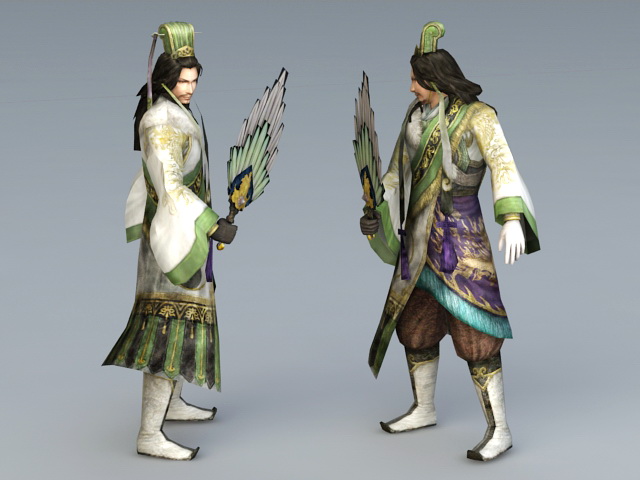
The Battle Of The Wuzhang Plains was the last strategy Liang executed he secretly advised his army to retreat when he realized his death was imminent. Zhuge Liang died at his camp in Wuzhang Plains, near modern-day Xi’an, after his combat with Sima Yi from the Cao Wei Dynasty strained his health. Upon his demise, the Shu Dynasty and army kept his death a secret as a strategy to deter threats from enemies who would use such news to their advantage. He tried to extend his life through a ritual, but his military general interrupted it as he broke the news of an enemy’s advance.īefore his untimely death, Liang recommended the exemplary Fei Yi and Jiang Wan as his successors as regents in the Three Kingdoms.

Historians speculate that he fell sick between September 11 and October 10.

Zhuge Liang died in 234AD during his last expedition as a regent for the Shu dynasty after a grave illness, aged 53. According to history, the Chinese referred to this region as Yangdu County in the Langya Commandery during Liang’s tenure. Zhuge Liang’s birthplace is present-day Yishui, Shandong Province. When his father died, his uncle, Zhuge Xian, took him in because of his tender age. Zhuge Liang, or Kongming as a courtesy name, was born in 181 AD to a man named Zhuge Gui and a mother who died when he was three.

For instance, his surname, Liang, is synonymous with strategy and intellect in China’s modern world. He lived as a recluse who embraced a minimalist life despite his decorated career and left a mark in China. His reputation as an intelligent and learned scholar grew even while he was living in relative seclusion, earning him the nickname “Wolong” or “Fulong”, meaning “Crouching Dragon” or “Sleeping Dragon”.He worked as a chancellor in the Shu Han Dynasty in China’s historical Three Kingdoms, where he grew his talent as a scholar, statesman, and inventor. Zhuge Liang was the greatest military strategist in Chinese history whose wit is only comparable to the legendary Sun Tzu.


 0 kommentar(er)
0 kommentar(er)
